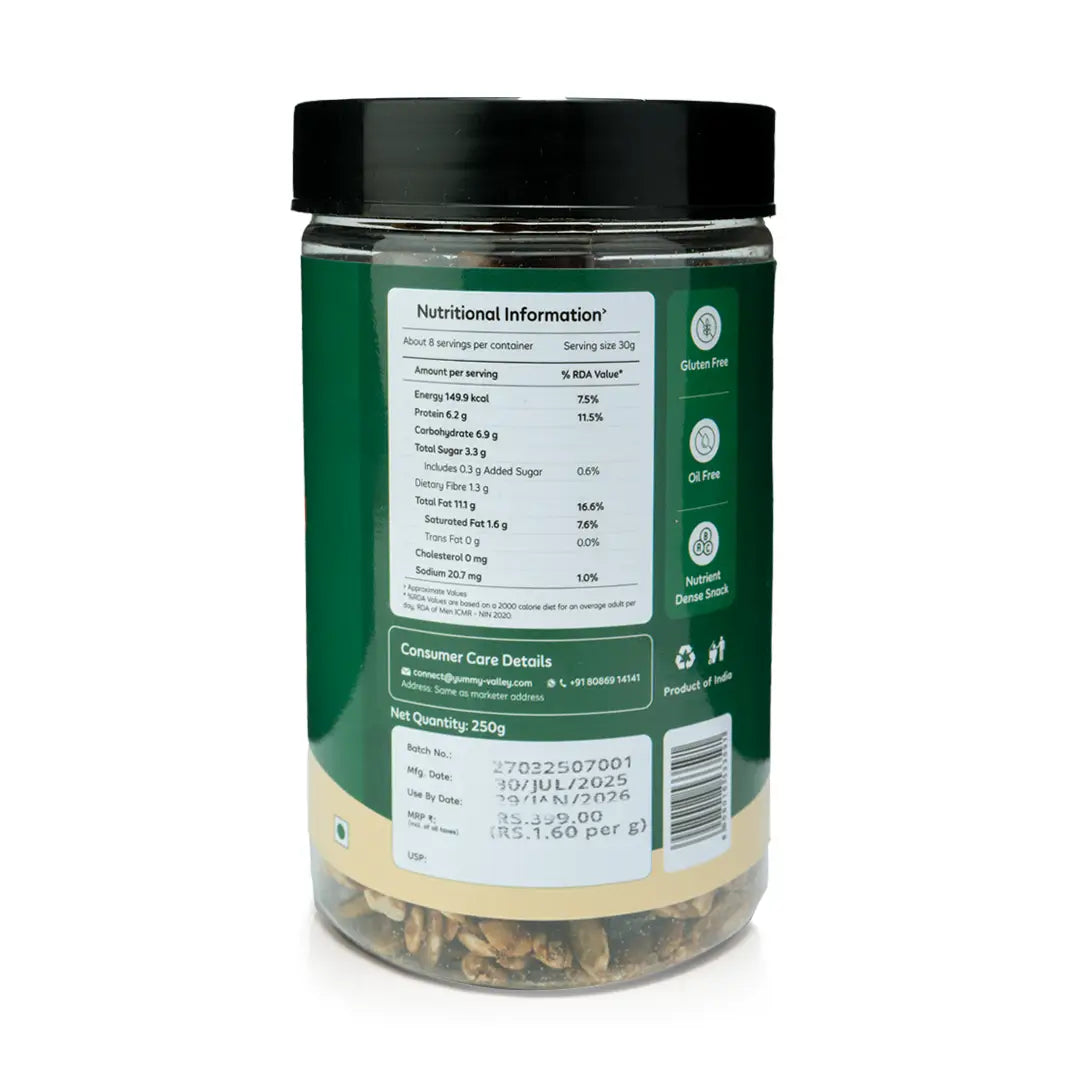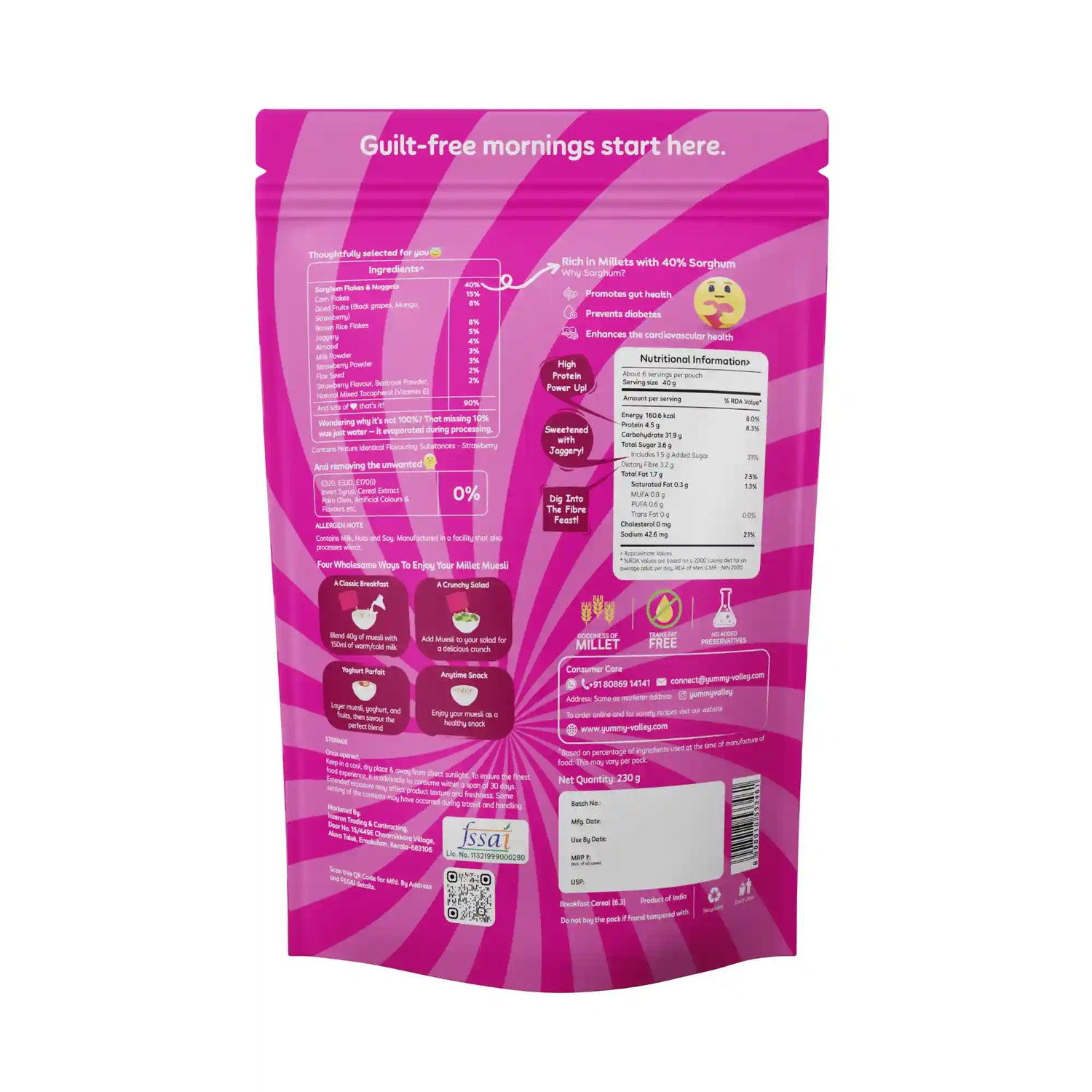What might be described as just a ‘fox nuts’ or ‘lotus seeds’, makhana is much more than a snack; it serves as a potent antioxidant that forms part of traditional Indian/N Oriental medicine. Makhana, which is a popular snack food, is much loved during festivals and fasting periods that are observed in Indian households because the food is bland-tasting, and it can be eaten in many ways.
This makes it a very suitable meal which could be prepared during such occasions. Not only this, traditional medicine has also recognized makhana for some treatments like the high blood pressure, problems related to kidney and digestion etc. It is now recognized as a food in the food world and thus it is high time we looked for its nutrient content as well as the benefits of having it together with the possible side effects.
What is Makhana?
In addition to its common name of makhana, it is also popularly called lotus seeds, Euryale ferox, gorgon nuts or phool makhana. As the name suggest it is extracted from the prickly water lilies or lotus plants. India and China’s wetlands are one of the most common places to harvest Makhana.It has been around for centuries in traditional diets and as a medicine was used for all sorts of aliments. Makhana finds especially a great place in Indian cuisine, whether it is taken in between meals as a quick and healthy snack, or when one is observing a fast. A significant part of Oriental medicine is its healing properties, which include supporting kidney health, balancing blood pressure, and aiding digestion.
Nutritional Value of Makhana
Because Makhana is a very rich food that contains many nutrients necessary for our body, it should be included in a well balanced diet. It contains little amount of calories per serving and is therefore ideal for those taking-low calorie diets while being nutrient dense.
Per 100 grams of makhana, you get:
| Nutrient | Value |
|---|---|
| Calories | 356 kcal |
| Protein | 9.53g |
| Carbohydrates | 77.03g |
| Fats | 1.17g |
| Fiber | 7.9g |
| Sodium | 32mg |
| Potassium | 1178mg |
Thus, Makhana can equally be classified as calorie foods which also bring proportional protein as well as fiber and contain magnesium, potassium, phosphorus, and antioxidants – all of which are useful to the body.
Health Benefits of Makhana
1. Aids in Keeping off Those Extra Pounds
Makhana is very lean having zero fat, little calories but a lot of fiber thus its consumption in large quantities will not add on to your calorie intake. Further, it contains protein that is essential in the food in supporting muscular health it hence desirable to anybody on a weight losing diet.
2. Good for Heart
Makhana being heart healthy has low sodium content and high potassium, thus improve on high blood pressure and water retention.
3. Gut Health
Makhana relieves conditions such as constipation as well as includes prebiotic compounds that enhance an individual’s gut health.
4. Boost skin health
Makhana contains antioxidants and helps to reduce oxidative stress whose impacts are negative to skin health. It also assists in ensuring that you have a healthy skin hence your skin will be moisturised and shiny.
5. Aids in the regulation of blood sugar
It is low GI that helps in maintaining blood sugar level. Diabetic patients are able to reap its benefits because it contains fibre that prevent spike in sugar level.
6. Improves Bone Health
Makhana supports bone strength and density by providing calcium, preventing osteoporosis and other bone problems.
7. Helps in curing Insomnia
The amino acid present in the Makhana and especially the tryptophan enhances serotonin level and the sleep hormone melatonin. Having it as often as possible also helps one get better sleep or combat the problem of Insomnia.
8. Fight Inflammation in the Body
The new study shows that Makhana contains flavonoids with properties that decrease inflammation in the body. Thus, it makes a nice snack to anybody who has inflammatory disorders like chronic inflammation or arthritis.
9. Aids in Hormonal Balance
One of the major ways Makhana affects our body is through estrogen and progesterone hormones, thus is effective for nursing women who experience menopausal complications. This is because it is natural; it has some positive impact on hormonal balance and no related side effects of eating this.
10. Cleanses the Liver
Makhana also replenishes your body with antioxidants that help in detoxification in the liver so that the liver can operate at optimal capacity. These properties of makhana plays a good role for liver and metabolism.
Due to their health properties, makhana can be considered as suitable for all people who face such problems as heart issues, poor quality of sleep, and hormonal disorder.
Also Read: 10 Different Types of Millets and their benefits
Side Effects of Makhana
Makhana is generally beneficial, but it may have a few side effects as well:
1. Allergic Reactions
In rare cases, makhana allergies can cause symptoms such as itching, rashes, or mild stomach discomfort. When trying makhana for the first time, begin with small amounts to see how it reacts with your body.
2. Digestive Issues
Despite its high fiber content, makhana can cause constipation if consumed in excess without adequate hydration. Taking it in moderation is key, since overindulgence may worsen digestive problems rather than resolve them.
3. Arsenic Contamination
In some studies, makhana may contain trace amounts of arsenic if it isn’t sourced properly. It is important to remember that poor-quality or contaminated makhanas can have a significant impact on your health. Make sure you buy makhana from reputable brands and trusted suppliers so you can stay safe.
4. Pregnancy and Lactation Precautions
These food should be taken cautiously especially when pregnant or while breast feeding. This may be disadvantageous to you particularly whenever pregnant or breastfeeding as it can increase the temperatures in your body when taking it in large proportions. Ingesting large doses may have unpleasant side effects and you should therefore seek advice from your doctor before making big changes to your diet plan.
5. Body Heat from Overconsumption
Ayurvedic tradition considers makhana to be a ‘warming’ food, meaning it can increase body temperature when consumed in large quantities. Excessive body heat may result in discomfort or worsen existing conditions.
Makhana, when consumed in moderation, can be a wonderful addition to a balanced diet. The key to avoiding the potential side effects of this superfood is to consume it thoughtfully.
Conclusion
It has not come as a surprise seeing Makhana evolve from a typical local savoury snack to a modern super food. But if you would want a snack with little or no calories, or a food rich in nutrients, then makhana can provide all the boost you need from your heart health to your skin. As much as makhana can be consumed and bring along so many benefits it is also important to use the right sourcing and moderation. So, start snacking right and add a little cruch to your meal with this ancient power food that also is a super food.
FAQs on Makhana Benefits
Can I eat Makhana daily?
Yes, you can enjoy makhana daily in moderation as part of a balanced diet.
Who should not take makhana?
Those with allergies, pregnant and lactating women, and individuals with digestive issues should be cautious with makhana.
Is makhana heavy to digest?
Makhana is generally easy to digest in moderation, but overconsumption may cause bloating or constipation.





























